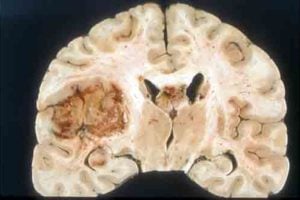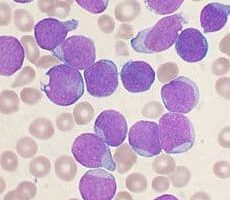university of texas md anderson cancer center
B cell receptor inhibitor causes chronic lymphocytic leukemia remission
A new, targeted approach to treating chronic lymphocytic leukemia has produced durable remissions in a Phase I/II clinical trial for patients with relapsed or resistant disease, investigators report at the 53rd Annual Meeting of the America…
Combination of everolimus and exemestane improves survival for women with metastatic breast cancer
San Antonio, TX – In an international Phase III randomized study, everolimus, when combined with the hormonal therapy exemestane, has been shown to dramatically improve progressionSan Antonio, TX – In an international Phase III randomized study, everol…
Protein and microRNA block cellular transition vital to metastasis
HOUSTON – Like a bounty hunter returning escapees to custody, a cancer-fighting gene converts organ cells that change into highly mobile stem cells back to their original, stationary state, researchers report online at Nature Cell Biology.
…
Overabundance of protein expands breast cancer stem cells
HOUSTON – An essential protein for normal stem cell renewal also promotes the growth of breast cancer stem cells when it’s overproduced in those cells, researchers at The University of Texas MD Anderson Cancer Center report in the February editi…
Everolimus improves progression-free survival for patients with rare pancreatic cancer
Houston – In an international Phase III randomized study, everolimus, an inhibitor of the mammalian target of rapamycin (mTOR), has shown to dramatically improve progression-free survival for patients with advanced pancreatic neuroendocrine tumors (…






